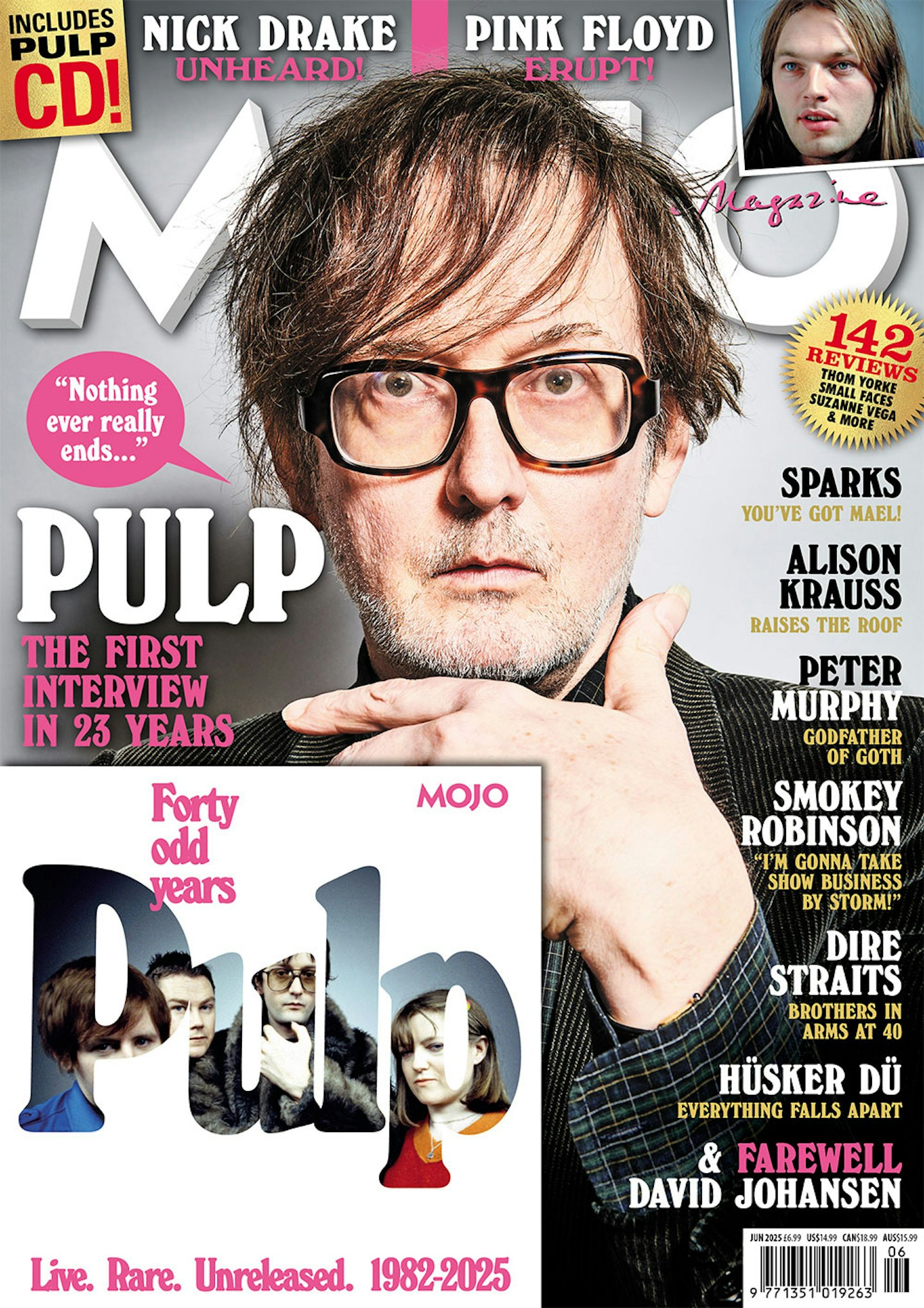While many fans may have first become aware of them with the dazzling, Britpop-era double-header of 1994’s His’N’Hers and the peerless Different Class in 1995, Pulp’s history stretches much further back.
Formed by bespectacled teenager Jarvis Cocker as Arabicus Pulp in Sheffield in 1978, the band toiled on the fringes for years and had released multiple albums before becoming unlikely popstars in the 90s. After the chart-topping success of Different Class, the band managed just two more albums, This Is Hardcore and 2001’s Scott Walker-produced We Love Life before calling it a day.
While Pulp reassembled for two successful world tours in 2011 and 2023, many assumed that was it in regard to new records from the band. Indeed, only last year drummer Nick Banks told MOJO it would be unlikely that the group – now into their 60s – would sit down in a recording studio together again.
Until the morning of Thursday April 10, that is, when the band unexpectedly announced that they will be releasing a brand-new album, More. With the Britpop misfits first album in 24 years now out into the wild - read MOJO's review HERE - MOJO’s Ian Harrison pulls on his corduroys and explores the band’s long, strange journey so far…
8.
It
(Red Rhino, 1983)
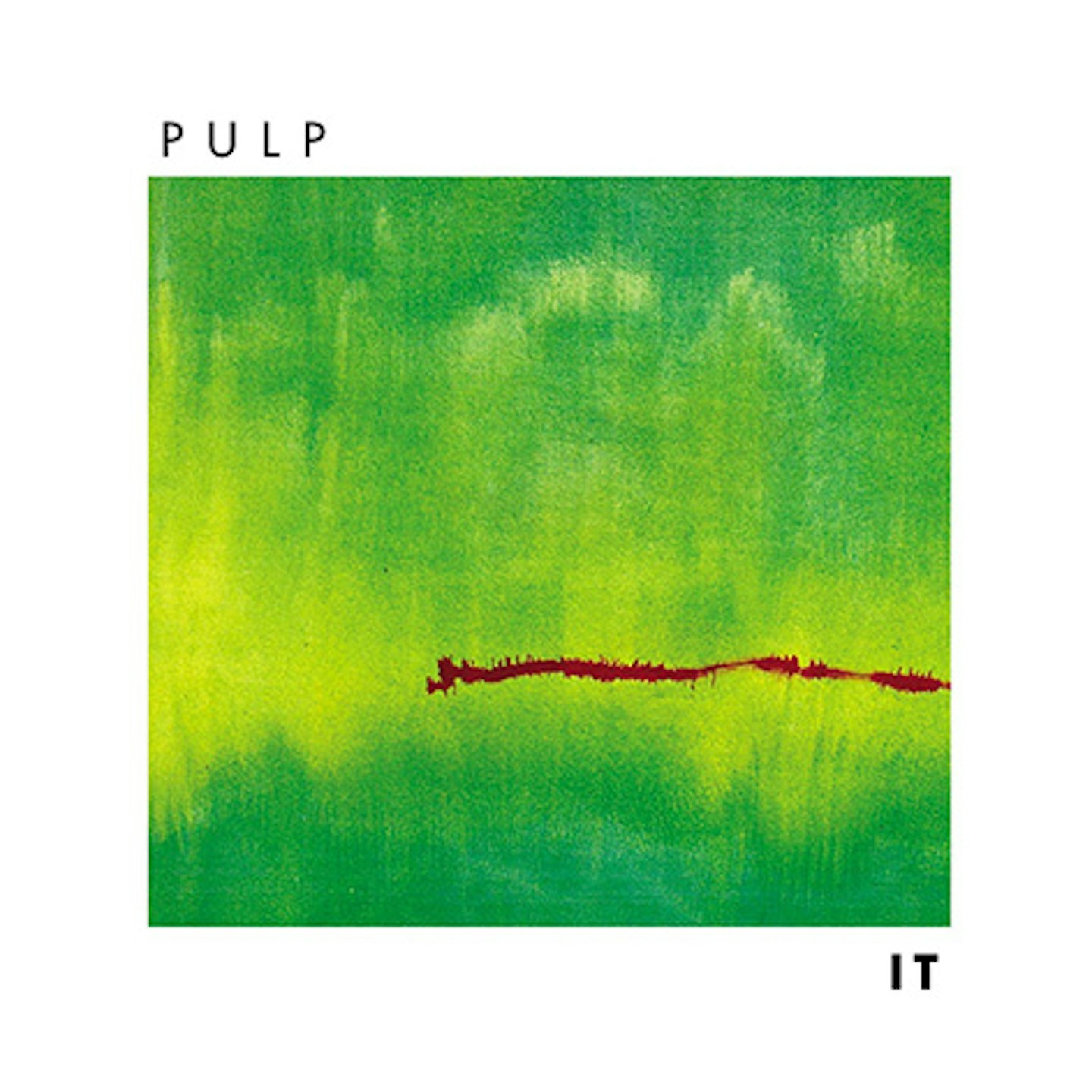
Produced by future Mission guitar hairy Simon Hinkler, young crooner Cocker’s seven-song debut set naïve and sincere ruminations on love to melodious, acoustic soft-pop with flutes, cello and the quietest drums. While not the finished article, Blue Girls, My Lighthouse and Wishful Thinking have charm and ambivalence to echo what the Marine Girls were up to at the same time. Incongruous trad jazz caper Love Love encapsulates 20-year-old Jarvis’s amorous dilemma: “Is it just the idea that I like, or is it for real?”
Key track: My Lighthouse
7.
Freaks
(Fire, 1987)
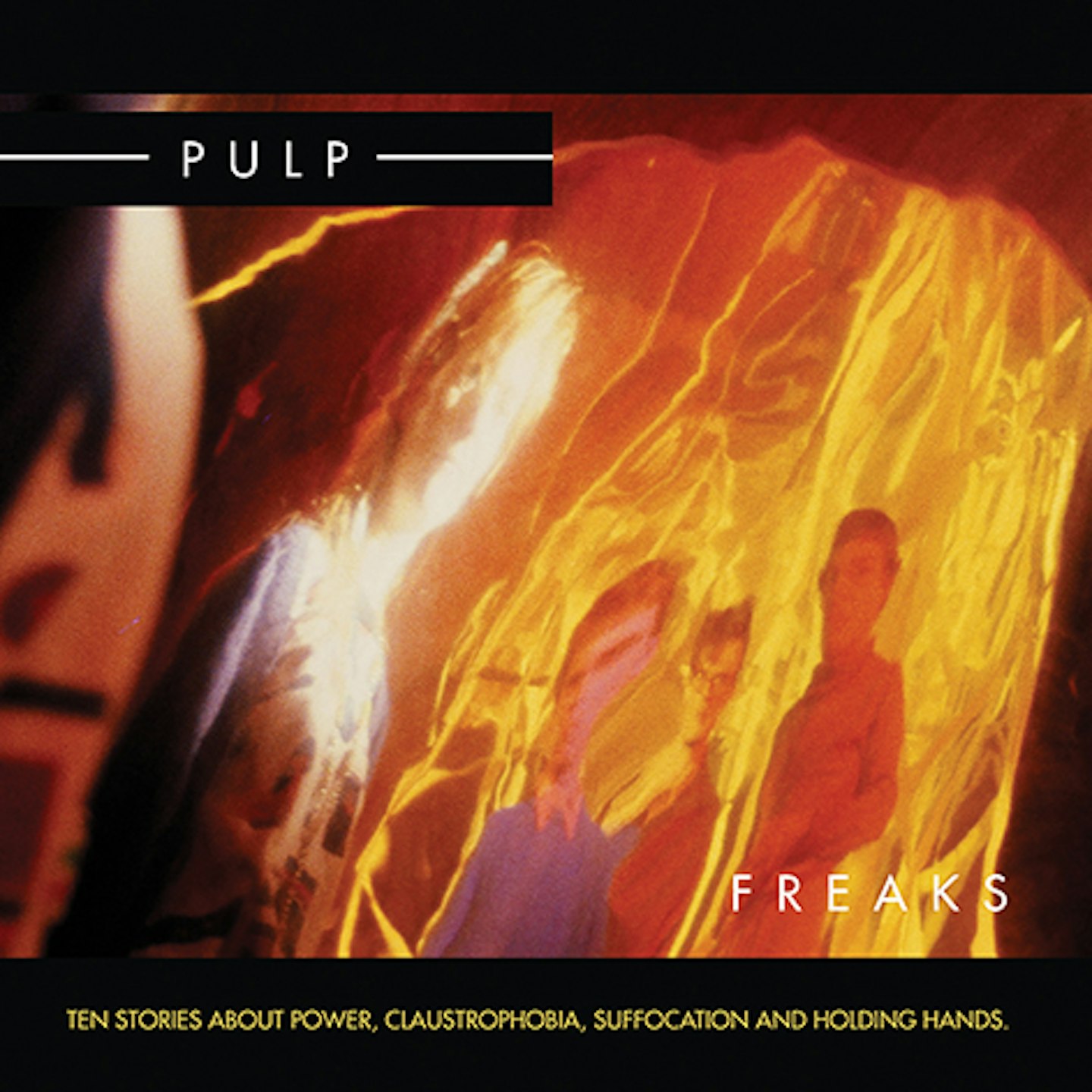
Still not a pop star (indeed, resentful of The Smiths’ success), Cocker fast-forwards to curdled jadedness with violinist Russell Senior in harness. The results are clenched and dark – see Being Followed Home and Anorexic Beauty – but relief comes with omnipotence/impotence daydream Master Of The Universe, the Sweet Jane-adjacent I Want You and They Suffocate At Night’s love-gone-mouldy vignette. Looking grot and failure in the eye, but yet to fully use them as fuel for genius.
Key track: I Want You
6.
We Love Life
(Island, 2001)
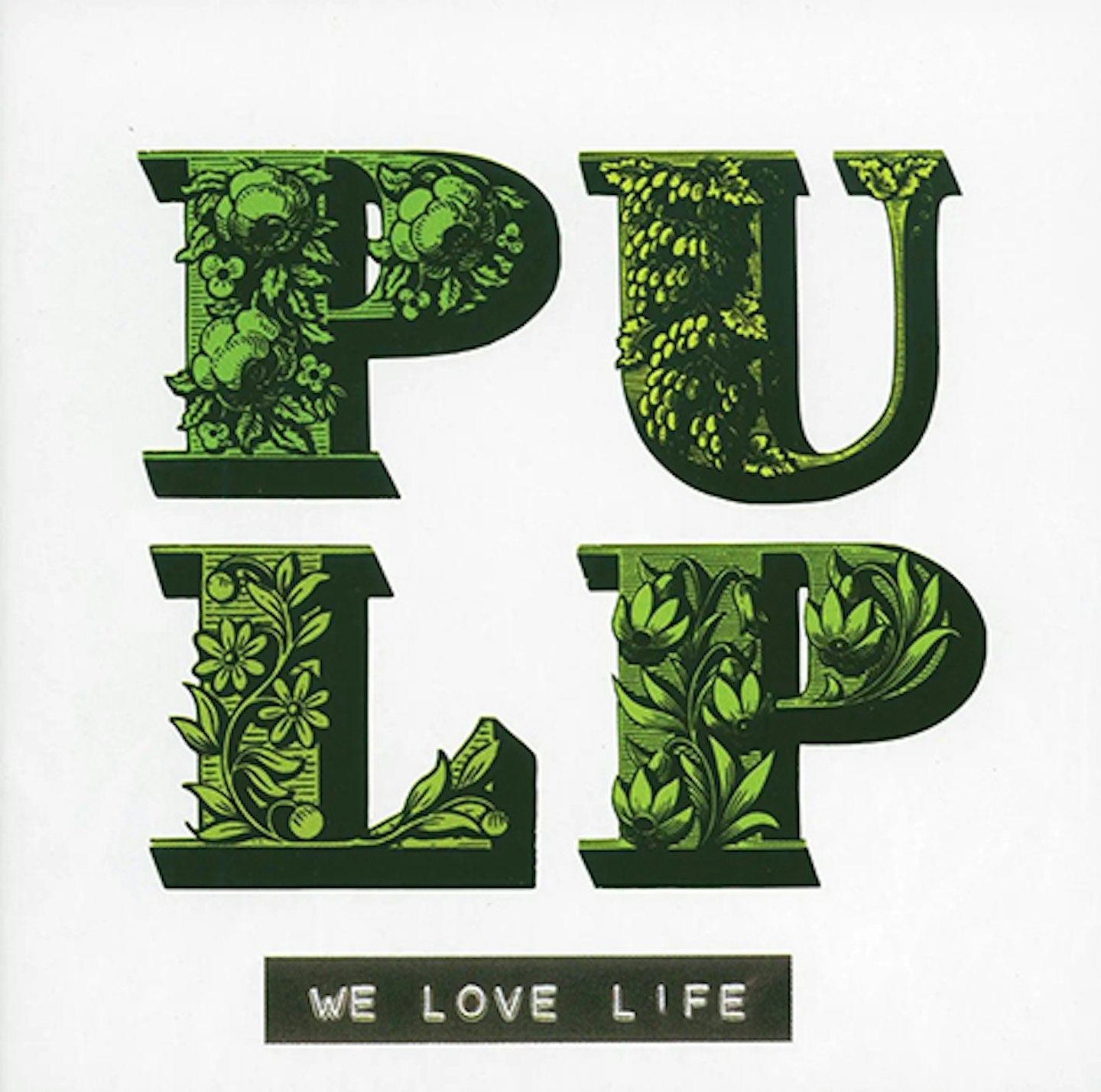
The Scott Walker-produced last gasp of Pulp (for a while) rose like a swamp creature from the muddy banks of the Don. Here, atop acoustic-leaning instrumentation, there are metaphors for growth, reveries of pre-fame Sheffield and reflections on love lost. The Trees, Weeds and Bad Cover Version belonging with Pulp’s best, while, prophetically, the self-slagging Sunrise (“All my achievements in days of yore/Range from pathetic to piss-poor”) predicts their star would rise again.
Key track: Sunrise
5.
Separations
(Fire, 1992)
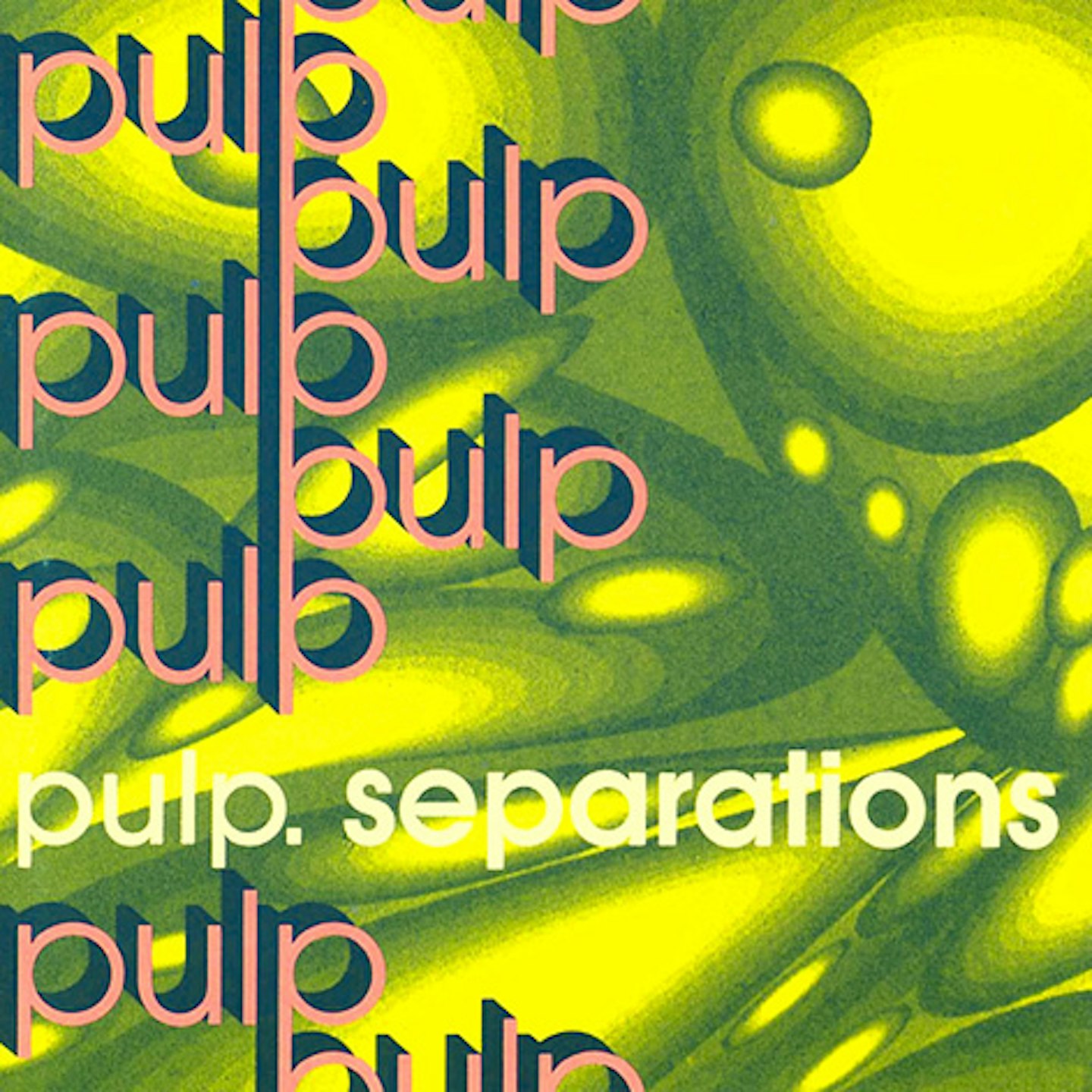
Having escaped to London and raving, Cocker’s vision evolves into synth’d-up pop dramas he could really strike poses to. Grandiose mini-epics Love Is Blind, My Legendary Girlfriend and Countdown transmit writhing urgency to a techno pulse, as Cocker achieves gasping hysteria narrating erotic obsessions with wit and bathos. It’s do-or-die stuff, and mortality visits the dancefloor twice, as Death II finds a disco king in extremis losing his mind, and Death Goes To The Disco schlager-chugs one last slowie before endless sleep.
Key track: Countdown
4.
This Is Hardcore
(Island, 1998)

In satanic crimson, the consequence of fatal fame in cannibalistic overdrive. While the musical structures reflect bassist Steve Mackey’s enthusiasm for sampling, the laughs are bleak as Cocker ponders self-disintegration (“Here comes another panic attack,” promises The Fear). Still, while we’re here we may as well enjoy it, and next to the titanic title song, Party Hard’s churning Nite Flights homage, the help-me-Jesus Dishes and A Little Soul’s tale of the father who abandoned him are amongst Cocker’s most memorable.
Key track: This Is Hardcore
3.
More
(Rough Trade, 2025)
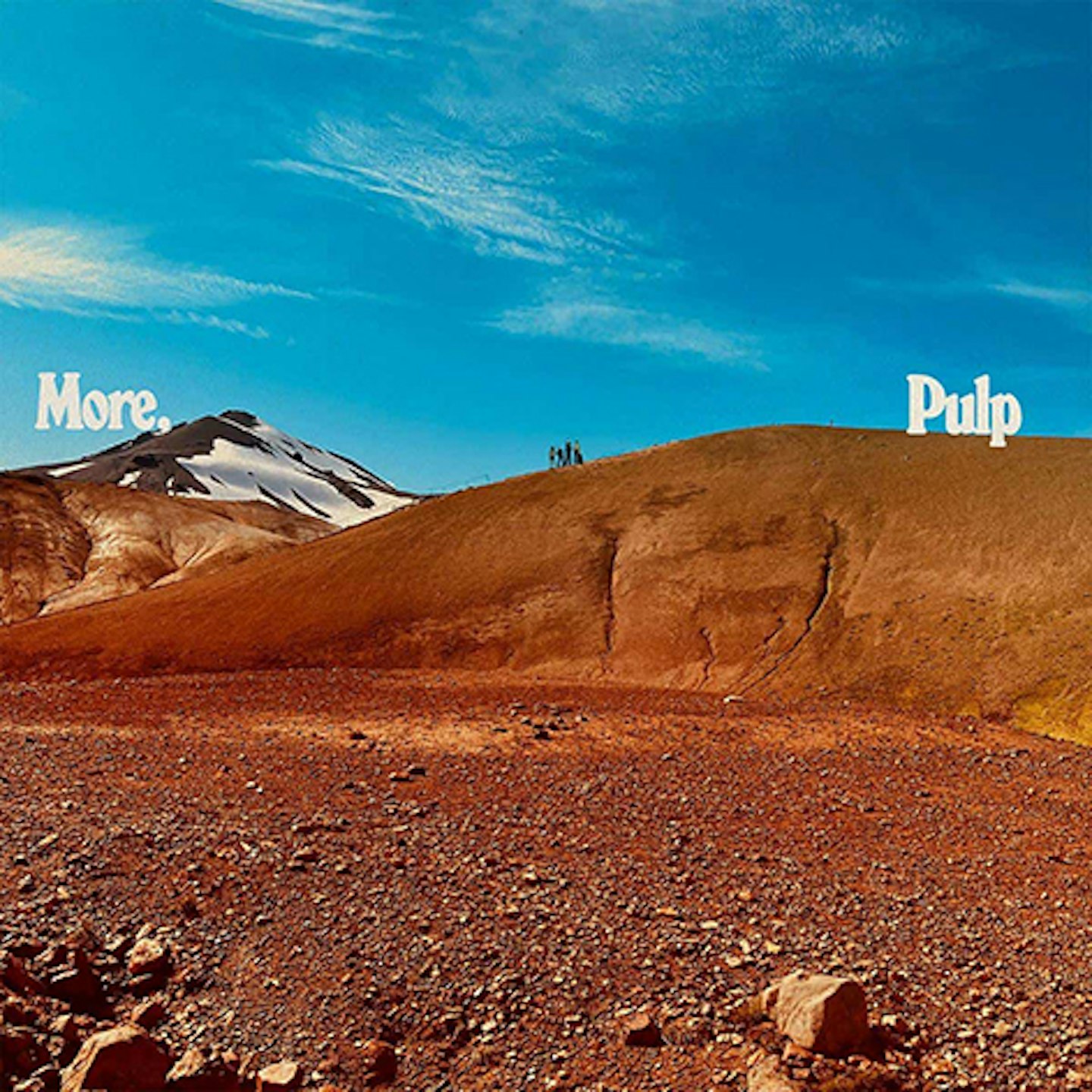
With their first new album in 24 years, Pulp followed the example set by their former Britpop peers Blur on 2024’s The Ballad Of Darren and pulled together a reunion record that not only didn’t sully their reputation but also made a strong case for being one of their finest works yet. Arctic Monkeys producer James Ford helped polish up the band’s kitchen sink showstoppers and art-disco come-hithers, with Jarvis’ arch observations as acute at the 21st century’s quarter mark as they were in 1995.
Key track: Spike Island
2.
His ’N’ Hers
(Island, 1994)
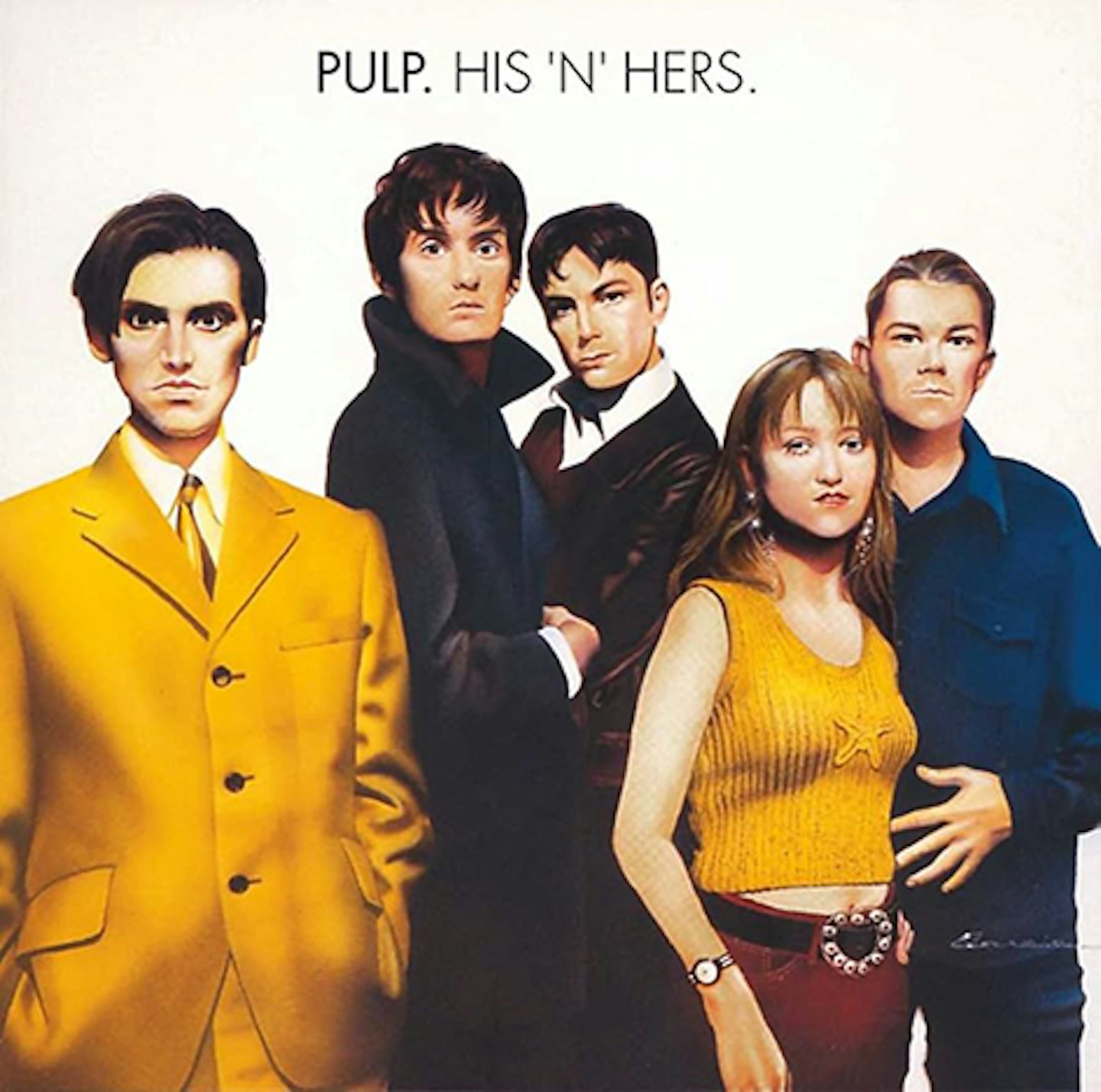
Pulp’s first proper album statement may launch itself into grimness and dysfunction – car thieves, the withering of attraction and daytime trysts with single mothers feature in the first three songs – but it’s all in the service of poetic truth and anthemic indie rock. This lyricist, you suspect, resided so long in the underworld that he understands the fault lines between innocence and experience, giving Do You Remember The First Time? and Pink Glove a particular, haunting charge.
Key track: Babies
1.
Different Class
(Island, 1995)

The definitive, all-killer album, as emotion, observation and an encompassing sensibility – after Oasis and Blur, Pulp were Cool Britannia’s Third Way – converge. Rooting for the rejected, Jarvis Cocker’s droll television persona didn’t always show his steel (“I specialise in revenge,” went the nerve-tingling I Spy) and so it goes on Different Class, where love, class, sex, life at its messiest and beyond collide in the most soaring pop, before the closing Bar Italia brings bleary resolution, concept album-style. Pulp would never be as carefree again.
Key track: Common People
Main photo: Kevin Westenberg
“Pulp has always mutated and now it’s mutated again…”
Get the latest issue of MOJO to read Pulp’s first interview in 23 years and find out the full story behind the band’s first album in over two decades. Plus! Get your hands on an exclusive CD of unreleased Pulp songs curated especially for MOJO by Pulp themselves. More info HERE!
